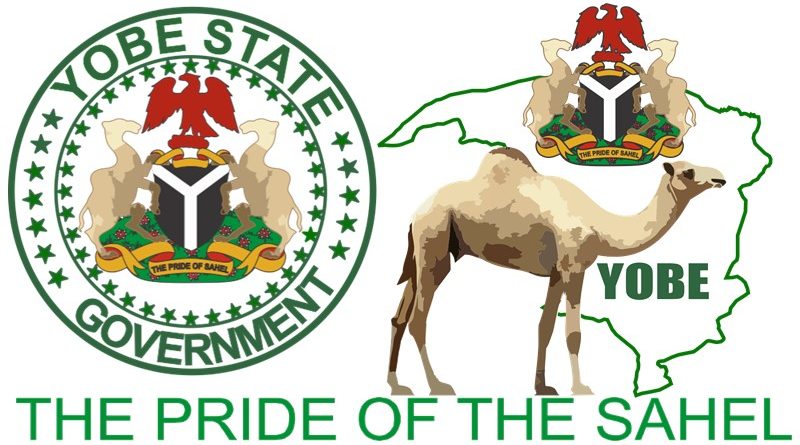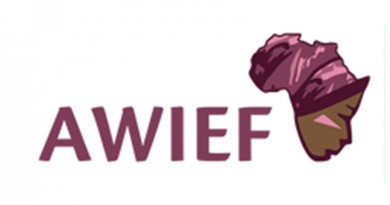World Health Organization provides support for Yobe State to scale the provision of health services through grassroots interventions
The World Health Organization (WHO) assists the Yobe State government in rethinking and expanding its humanitarian health interventions as host communities and displaced residents start to rebuild their lives. To ensure community inclusion for all residents of the state is the goal.
Yobe is one of the three BAY states (Borno, Adamawa, and Yobe) in northeastern Nigeria where WHO has been assisting the government to address health issues, enhance quality of life, and allow impacted people to resume normal lives and do so in safety and dignity.
The WHO-supported mobile teams’ education campaigns in our communities have increased understanding of the value of a healthy community. They aid with health education, offer regular immunization treatments, and give out malaria medications. Namely, providing for our kids and taking action when diseases like cholera and measles are on the rise.
We now recognize that everyone must participate for a community to stay healthy. Mallam Mutti Layin Hassan Yusuf, a resident of Gwange Village, says, “We are happy that WHO and the government are involving us in the planning, coordination, and execution of health programs in our communities.
We will be able to personalize the response to suit the requirements of varied communities if we involve community leaders in the planning and execution of health programs, says Babagana Kundi Machina, executive secretary of the Yobe State Primary Healthcare Board.
According to Machina, the government and its allies will carry out initiatives to give targeted humanitarian relief that will enhance the health system and deliver vital, high-quality health services to the populations that have been relocated and the internally displaced camps.
This is supposed to be accomplished through ongoing community discussions with opinion leaders and household heads to direct health solutions to meet community needs and foster community ownership. Managers will be able to prioritize life-saving interventions, improve primary healthcare systems, and offer solutions for their healthcare requirements thanks to this.
We are optimistic that the humanitarian response plan will be inclusive and ensure that no one is left without access to medical attention thanks to the technical skills of the WHO team, the official says.
Nowadays, WHO is in charge of coordinating global health emergency responses and leading international efforts to increase universal health coverage.
In Yobe state in 2022, WHO provided 764 200 people with basic health services, such as providing ANC (Ante-Natal Care) services to expectant mothers, treating minor illnesses, immunizing thousands of children against diseases that kill children, and screening for malnutrition.
WHO is altering and expanding its emergency interventions for 2023 to better meet the requirements of a broader target population of vulnerable people.
Through funding from the European Civil Protection and Humanitarian Aid Operations, the United States Agency for International Development, the Contingency Fund for Emergencies, and the governments of Germany and the Netherlands, WHO hopes to provide health assistance to 4,285,848 people (internally displaced people, returnees, and host communities).
Primary healthcare, mental health and psychosocial support, disease outbreak prevention, awareness raising, and gender-based violence prevention are among the services to be provided.
The WHO acting cluster lead for emergency preparedness and response, Dr. Mie Okamura, emphasizes the importance of community inclusivity by stating that the organization intends to ensure community involvement in the various community health interventions by identifying and interacting with community leaders, particularly during the planning stage of every intervention, such as outbreak response, routine immunization, etc.
“The planning stage will aid in making effective and more knowledgeable decisions, which will strategically encourage a community-centered approach in all WHO support to the state government,” according to the statement.
Dr. Okamura continues by saying that the WHO will collaborate closely with the Nigerian government and its partners to guarantee inclusivity in the healthcare response to lessen vulnerabilities by promoting resilience and self-reliance.




